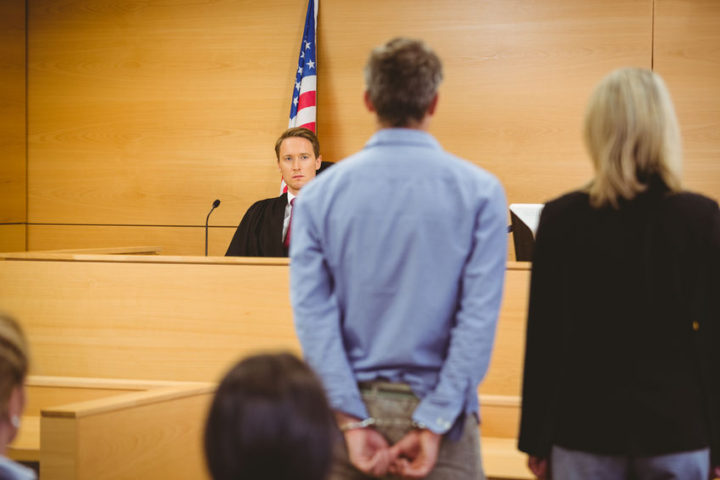
If your criminal case gets reversed in Oklahoma, it means that an appellate court has found significant legal errors in your trial and has overturned the original conviction. This can be a crucial turning point, offering a new trial, modification of the charges, or even a complete dismissal. Understanding what can cause a reversal as well as what could come of it is important to those who are in this situation.
Grounds for Reversal On Appeal
Many factors can play into the reversal of a case, including:
- Procedural Errors: Mistakes in the trial process, such as improper jury instructions or wrongful admission of evidence.
- Legal Errors: Incorrect application or interpretation of the law by the trial court.
- Ineffective Assistance of Counsel: Demonstrating that the defense attorney’s performance was so deficient that it affected the outcome of the trial.
- Insufficient Evidence: Finding that the evidence presented at trial was not sufficient to support a conviction.
- Constitutional Violations: Breaches of the defendant’s constitutional rights, such as illegal search and seizure or right to a fair trial.
Your attorney can help you understand the court’s reasoning as well as what your next steps will be.
Immediate Effects of a Criminal Case Being Reversed
When an appellate court reverses a conviction, this vacates the conviction. This means that the original conviction is nullified, meaning it is as if the guilty verdict never occurred. Additionally, if the defendant is in custody, this may result in their release. This depends on the specifics of the appellate court’s ruling and whether the prosecution decides to retry the case.
Possible Outcomes After Criminal Case Gets Reversed
After a reversal, there are several possible outcomes.
- Retrial: The most common outcome is that the case goes back to the trial court for a new trial. The prosecution has the option to retry the defendant, presenting the case again before a new jury or judge. The retrial aims to correct the procedural or legal errors identified by the appellate court.
- Dismissal of Charges: In some cases, the appellate court may dismiss the charges entirely. This is especially true if the reversal is based on insufficient evidence or if a retrial violates the defendant’s rights.
- Plea Bargain: The prosecution and defense may negotiate a plea bargain, potentially resulting in reduced charges or a lesser sentence without a full retrial.
- Modification of the Sentence: In some instances, the appellate court may remand the case for resentencing, so, the trial court conducts a new sentencing hearing.
Stay aware of new court dates, filing deadlines, and other requirements as well as follow all conditions from the court.
Tulsa Appellate Criminal Lawyers
A reversal of a criminal case is a significant development that offers a second chance to defend against the charges. The next steps can involve a retrial, dismissal of charges, plea negotiations, or resentencing. Working closely with an experienced criminal appeals defense attorney is essential to navigate the complexities of the legal process and to achieve the best possible outcome. If you’re dealing with a reversed case, call our team at Tulsa Criminal Lawyers Law Firm at (918) 416-0358 or contact us online for a consultation with an attorney.
